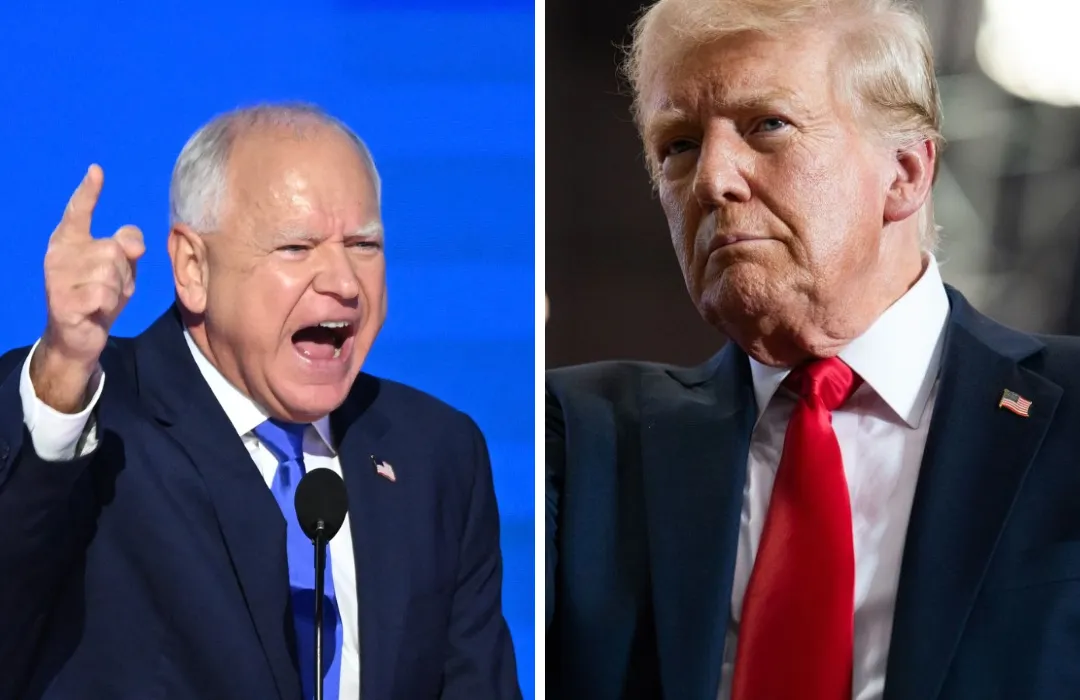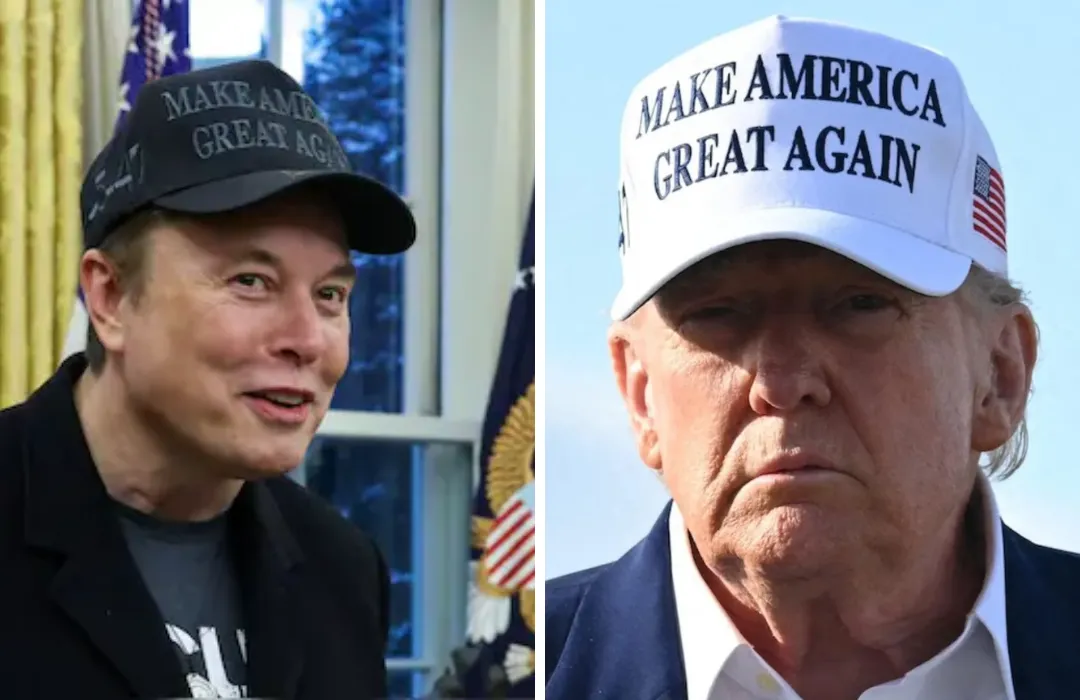Elon Musk recently made a bold claim on a podcast with Senator Ted Cruz (R-Texas), stating that there are 14 “magic money computers” within the U.S. government, specifically within the Department of Treasury and other agencies, that simply “send money out of nothing.” Musk’s comments appear to be aimed at criticizing government bookkeeping practices, but they also reflect confusion or frustration with how the U.S. government issues currency and funds its spending.
Musk’s statement, which he made during a discussion about DOGE’s mission to uncover waste, fraud, and abuse within the federal government, was part of a broader conversation about fiscal management. He expressed incredulity that the U.S. government could create money seemingly out of thin air. “It’s insane.
There are computers that just make money out of nothing,” Musk said. This comment was clearly part of a broader criticism of what he perceives as the inefficiency and lack of oversight in government financial practices.
For context, it’s important to note that while Musk’s characterization of “magic money computers” is hyperbolic, it’s not entirely inaccurate in describing the basic process by which the U.S. government controls the money supply. Since the U.S. abandoned the gold standard in 1971, the U.S. dollar has not been tied to a physical commodity like gold.
Instead, the government has the authority to print money and manage its supply as needed. This flexibility is a cornerstone of modern economic policy, but it also comes with significant risks, particularly when it comes to inflation.
Musk’s use of the term "magic money" seems to imply that the U.S. government can create money out of thin air without consequence, though that’s not how the process works in reality. The creation of money is a carefully managed process that involves the Federal Reserve buying assets, such as government bonds, from commercial banks.
The banks, in turn, lend out the money they receive, increasing the money supply in the economy.

Despite Musk’s confusion over the mechanics of money creation, his comments raised a larger issue about government bookkeeping. He suggested that the government’s financial systems are so flawed that if the government were a private company, it would fail its audit and its executives would be imprisoned.
“If it was a public company, it would be delisted immediately,” Musk remarked. “It would fail its audit, and the officers of the company would be imprisoned.”
Hedge fund manager Jay Hatfield, CEO of Infrastructure Capital Advisors, speculated that Musk might be referring to issues with the government’s accounting practices. In particular, Hatfield suggested that Musk may be highlighting the fact that the government doesn’t always properly implement double-entry accounting, a practice in which each financial transaction affects at least two accounts in a way that keeps the books balanced.
While Hatfield acknowledged that this could be a possibility, he also said it seemed unlikely.
“I think what Musk was probably trying to communicate was that the resources devoted to these agencies aren’t being properly audited, or there’s not proper oversight,” said David Andolfatto, a former senior VP at the Federal Reserve Bank of St. Louis, who now chairs the economics department at the University of Miami.
He emphasized that the government’s ability to print money is not inherently problematic in itself. “The fact that the government can print money out of thin air is neither here nor there,” Andolfatto added.
However, the way the government issues money is a complicated process that involves the Federal Reserve buying assets like Treasury bonds from commercial banks. Banks then lend this money out, increasing the money supply.
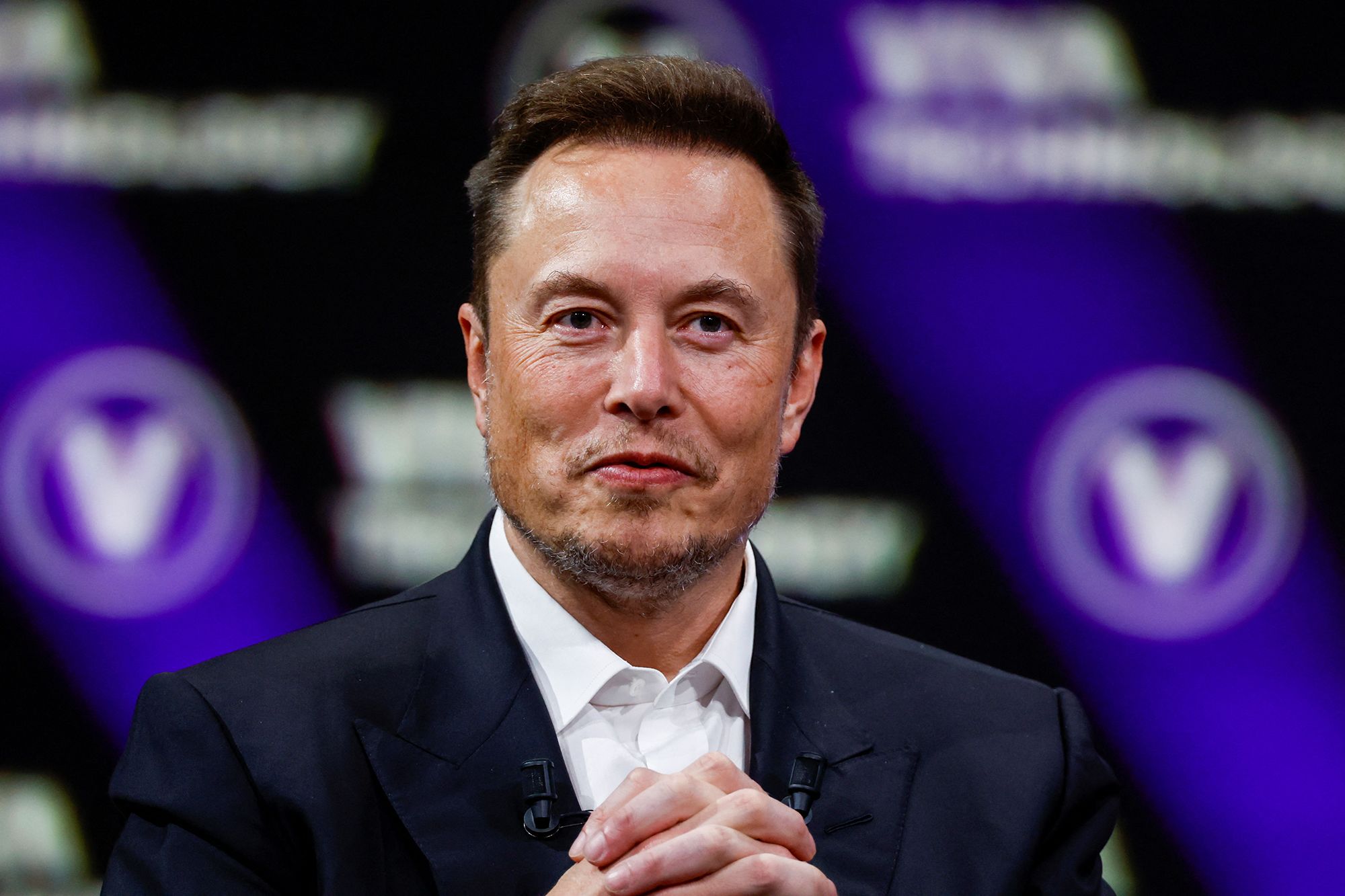
While this process can boost economic activity, it can also lead to inflation, especially if the government creates too much money too quickly. Inflation devalues the currency and raises prices, which can hurt consumers.
Musk’s comments seem to be part of a broader critique of government spending and waste. He and Cruz were discussing DOGE’s efforts to identify savings in the federal budget.
The agency claims to have found $115 billion in potential savings, though some analysts have questioned whether this figure is overstated. Musk’s criticism of the government’s spending practices ties into his broader frustration with the efficiency and accountability of federal agencies.
Musk’s statement about “magic money computers” also appears to echo a long-standing libertarian critique of government fiscal policy, particularly the argument that the government taxes its citizens by creating money and causing inflation. Prominent libertarian figures, including former U.S. Senator Ron Paul, have argued that inflation is a hidden tax that reduces the purchasing power of money.
The idea is that when the government issues more currency, it dilutes the value of existing money, effectively taxing people without their consent.
In the broader conversation about government money creation, Musk’s remarks may reflect confusion about the mechanics of how money is issued and how inflation works. In a famous speech in 2002, former Federal Reserve Chairman Ben Bernanke explained that the government has the ability to create money “out of thin air” through its printing press and its electronic equivalent.
However, he also noted that the government has to be careful not to increase the money supply too rapidly, as doing so can lead to inflation and devalue the currency.
Bernanke’s explanation underscores the complexity of money creation. While it is true that the government can print more money, it is not without consequences.
As Bernanke explained, an increase in the money supply can reduce the value of the dollar, which can lead to higher prices for goods and services. This process is known as inflation, and it can have far-reaching economic impacts, especially if it is not carefully managed.
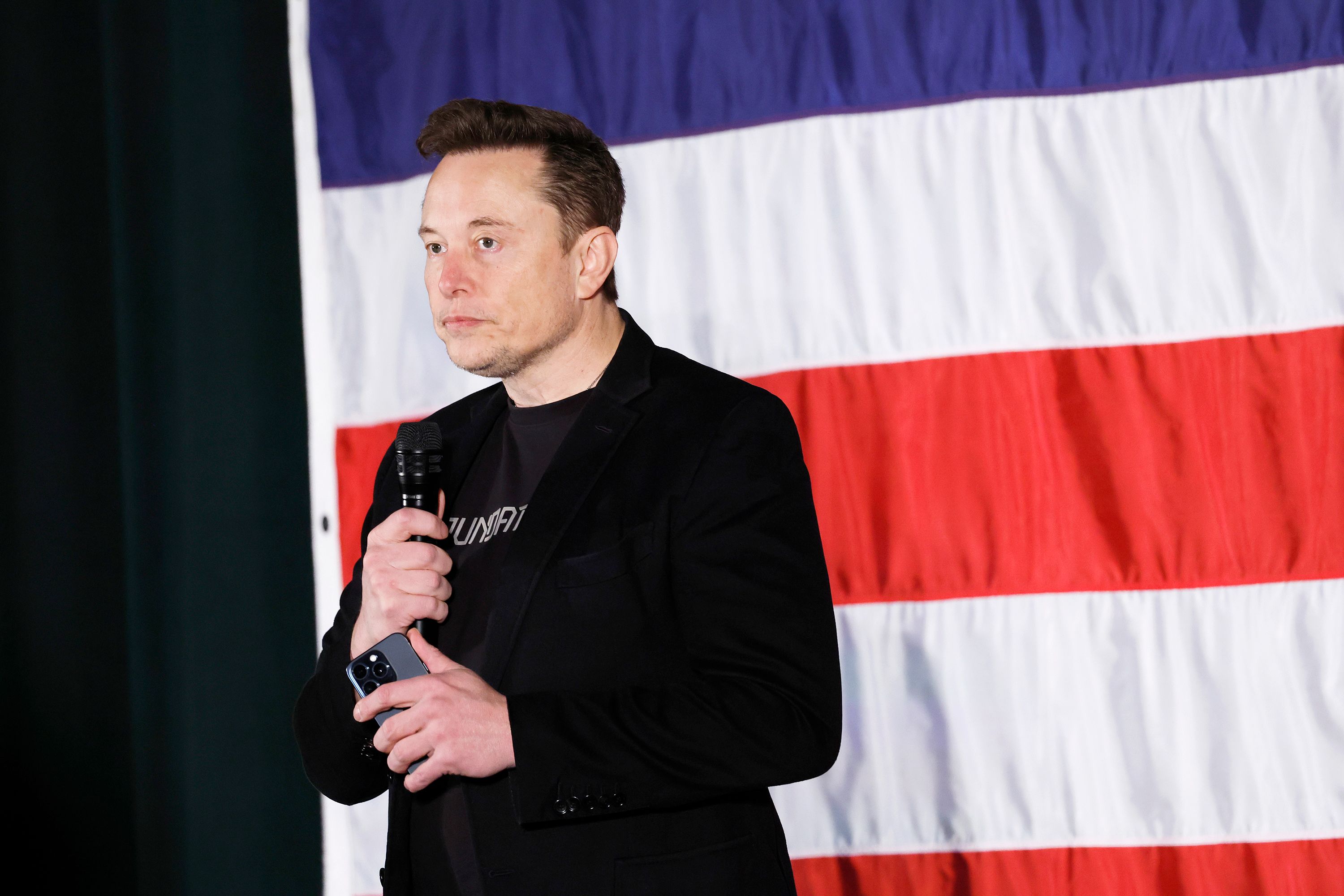
Musk’s comments also raise questions about the role of inflation in the economy. For example, libertarians like Ron Paul have criticized the Federal Reserve for creating money through mechanisms like quantitative easing, arguing that it leads to inflationary policies that devalue the dollar.
However, as Andolfatto points out, while inflation does reduce the purchasing power of money, it is not necessarily the same thing as a “tax” on consumers.
Still, some critics argue that inflation is effectively a hidden tax, as it erodes the value of savings and wages over time. As the cost of goods and services rises, people need more money to maintain their standard of living.
This is particularly concerning for those on fixed incomes or for people who rely on savings for retirement.
In the end, Musk’s comments about “magic money computers” seem to reflect his broader frustration with government inefficiency and his belief that the government should be more transparent and accountable in its financial practices. While his characterization of the government’s ability to create money is exaggerated, it does highlight concerns about the lack of oversight in how taxpayer dollars are spent.
As the conversation about government spending and fiscal responsibility continues, Musk’s remarks are sure to spark further debate about the role of money creation and inflation in the U.S. economy.
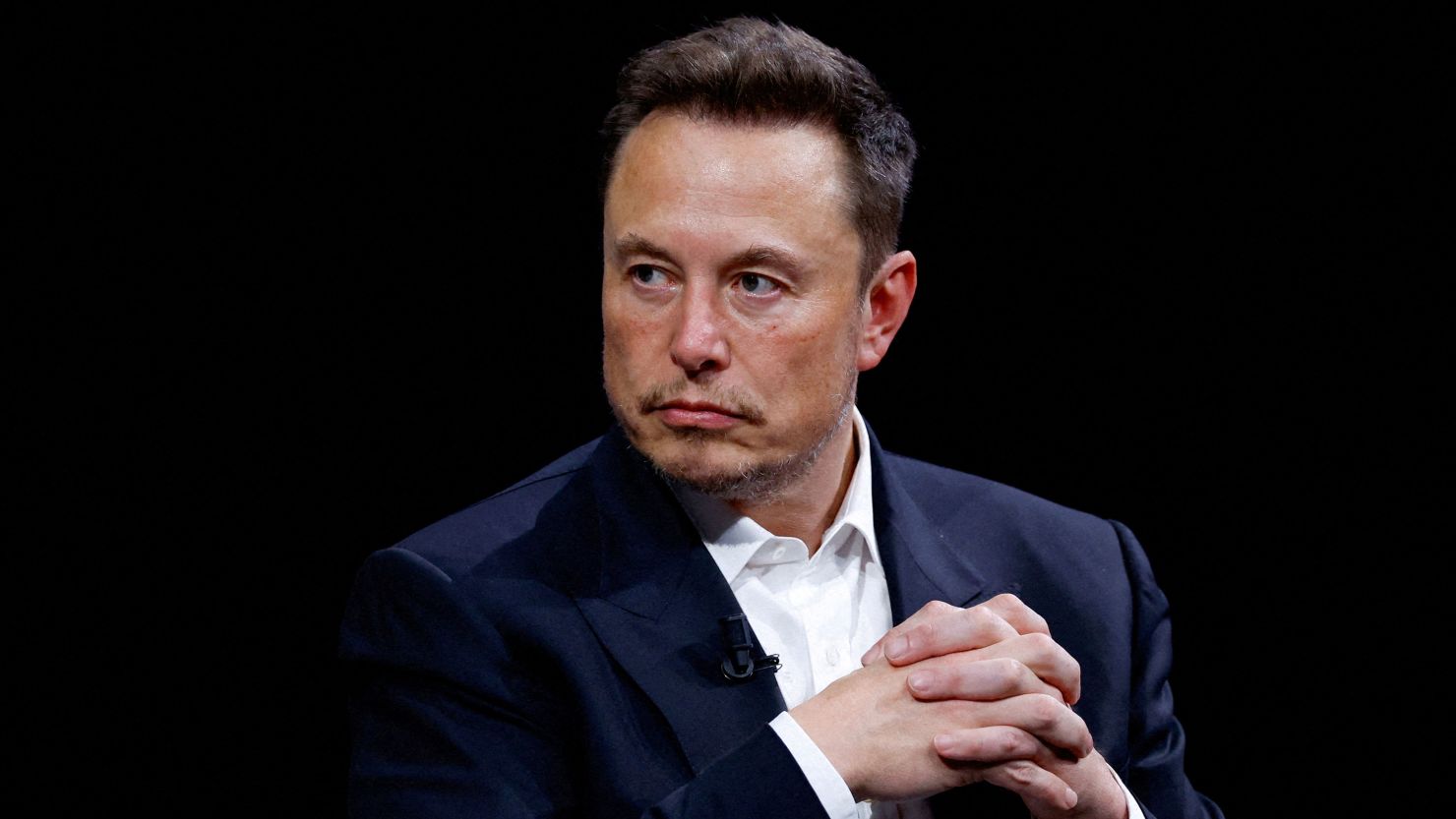
-1742202429-q80.webp)
